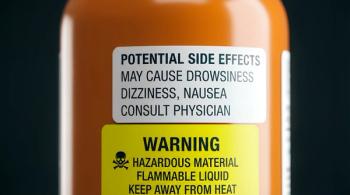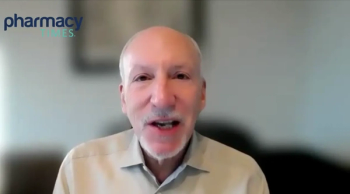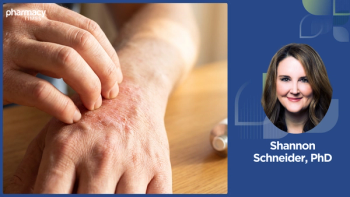
Pharmacists Are Moderately Satisfied with Compensation, Job Satisfaction, Survey Shows (Part 1)
When asked to rate their satisfaction with their current annual total compensation on a scale of 1 to 7 (with 1 being “not at all” and 7 being “extremely”), the average response among the 299 respondents to that question was 4.82.
Pharmacists are moderately happy with their compensation and jobs, according to the results of the 2020 Pharmacy Times
Asked to rate their satisfaction with their annual total compensation on a scale of 1 to 7 (with 1 being “not at all” and 7 being “extremely”), the average response of the 299 respondents was 4.82.
When asked to rate their overall job satisfaction on the same scale, the average was 4.53 compared with 4.23 in 2019.
The top 3 reasons pharmacists gave for their dissatisfaction were the same as in the 2019 survey: workload, management, and work/life balance. Respondents who said they were dissatisfied did not want to comment on the record.
The top driver of job satisfaction was colleagues, chosen by 14.6% of respondents.
John W. Seymour, RPh, an independent multi-store pharmacy owner in Charlottesville, Virginia, said that he specifically enjoys having the ability to focus on customer care and his relationships with patients.
“As an owner and operator, my entire staff enjoys the profession more than other community setting experiences,” he said in an interview.
Michelle Mikus, PharmD, vice president of pharmacy services at Delta Care Rx in Pittsburgh, Pennsylvania, has a similar experience in her health care setting, which is a pharmacist-owned and operated company working with hospice and palliative care patients.
“I feel that I have the opportunity to make a difference daily, whether it be with patients, colleagues, or other members of the interdisciplinary team at organizations we work with,” she said in an interview.
Other top reasons for job satisfaction included compensation, autonomy, and “pride in what I do.”
Carolyn Bodell, RPh, a pharmacy oncology specialist at Trinity Health in Minot, North Dakota, said she entered the pharmacy profession as a result of being around many family members and friends who had received cancer diagnoses.
“It is a very gratifying area of practice. Our patients are so grateful for everything we do for them,” she said in an interview. “Despite the fact that they are fighting for their lives, they have smiles on their faces,” Bodell said. “It is humbling to work with them and a reminder of what is important in life.”
Of the 299 survey respondents, 88.3% have been licensed pharmacists for a year or more, 93.6% are currently employed in the United States, and 91% said they earned their pharmacy degrees in the United States.
More than 35% of the respondents work in a health system setting, 31.8% work in chain community pharmacies, and 14.4% work in independent community pharmacies. These professionals are spread across the United States, including in Houston, Texas; Los Angeles, California; Philadelphia, Pennsylvania; and Tampa, Florida.
The majority (96%) of respondents were employed during their first year after graduation, most in a chain community pharmacy. Also, 66.6% of respondents said they did not receive additional compensation, such as bonuses or profit sharing within the first year, a percentage that barely changed since the 2019 survey. In addition, 57.2% of respondents said they had not received additional compensation in the past year.
Newsletter
Stay informed on drug updates, treatment guidelines, and pharmacy practice trends—subscribe to Pharmacy Times for weekly clinical insights.





























